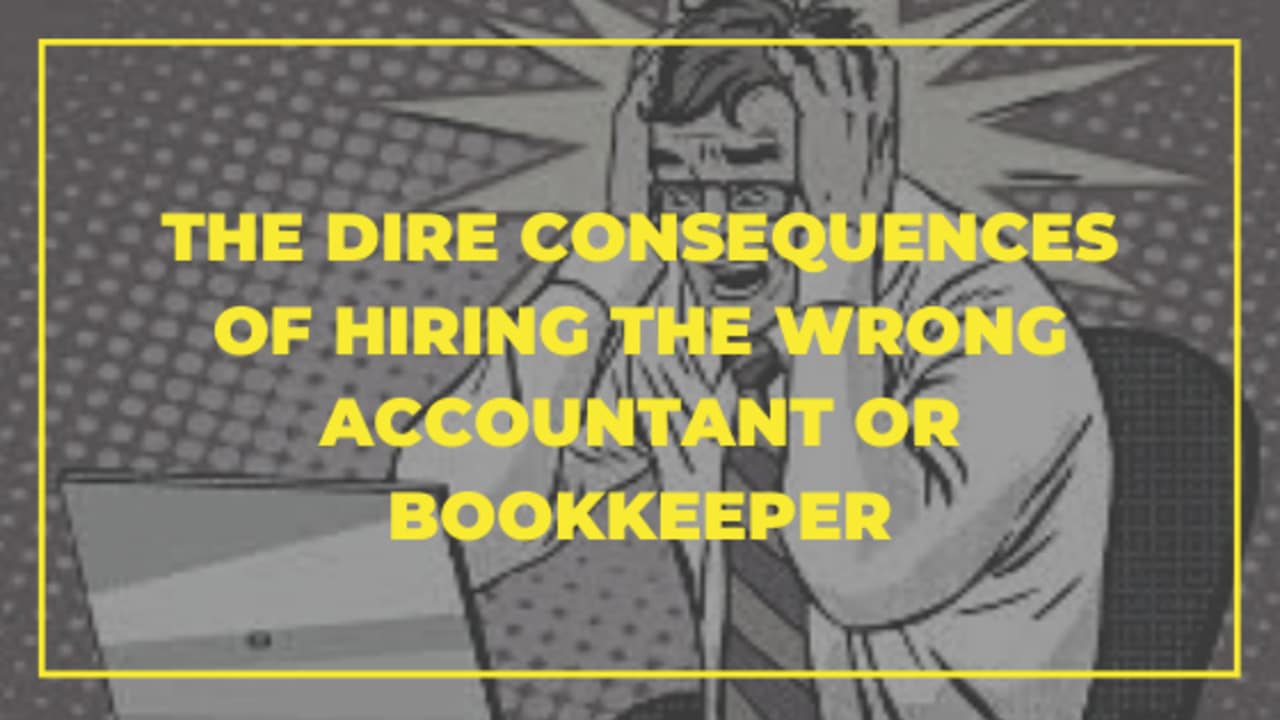As restrictions in movements and meetings are slowly relaxed, we have seen a pleasing spike in recruitment activity among employers of accountants and bookkeepers in the past fortnight.
Employers are unsurprisingly also reporting an increase in the number of applicants for accounting and bookkeeping roles from candidates displaced from their jobs by recent global events. At first glance, more candidates look like more choice, especially when filling those ‘hard to find’ roles, but with more choice comes more risk, so here’s a timely reminder of why getting the right recruitment decision is so critical from a 2019 Robert Half Report:
Hiring the wrong person for the job can result in severe financial and time costs, according to Megan Alexander, General Manager of Robert Half New Zealand.
Not only do managers have to start the recruitment process from scratch, but employers are also confronted with reduced productivity and potentially miss out on business opportunities.
Alexander added that non-financial setbacks can also include stress to existing staff from the added workload, which can cause significant disruption to a company’s workforce.
“Having an efficient recruitment process with the right checks and balances is essential to make the right hiring decision,” said Alexander.
“A successful hiring manager should be able to assess crucial factors in a candidate’s profile, such as cultural fit, technical abilities, qualifications, and references – helping companies hire the right candidate and avoid the costly repercussions of a bad hire.”
Indeed, new independent research commissioned by Robert Half shows the majority (98%) of New Zealand hiring managers have recruited an employee that did not meet expectations, and more than two-thirds (69%) take upwards of two weeks to six months to discover that they have hired the wrong person.
According to the study of 300 hiring managers, 29% typically realise within a fortnight that a new hire is not meeting expectations.
The most common reasons given were a mismatch of skills (49%), the candidate was unable to keep commitments (37%) and underqualified candidates (35%).
When asked what steps they took to address the poor hiring decision, 35% of managers respectively say they terminated the employee contract or partnered with a staffing agency to secure a replacement, whilst almost half (46%) developed a training program to develop the employee’s skills to the desired level.
Moreover, about one in three (34%) worked with the employee on targets and checked in on their performance regularly, while 29% re-started the recruitment process from scratch to secure a replacement.
More than one in four (28%) respectively looked for an internal vacancy the candidate would be better suited for or did not take any action and adopted a ‘wait and see’ approach to see if the employee’s performance would improve.
The top three consequences of a bad hire according to New Zealand employers are increased stress on colleagues (46%), increased workloads for existing team members (43%), and increased stress on managers (37%).
Other cited negative consequences include lost productivity (32%), higher recruitment costs (29%), and low staff morale (27%).
If you’re ever tempted to make quick rather than thorough hiring decisions, keep this info somewhere as a reminder of why we constantly encourage employers to make thoroughly informed selection decisions.
Author Bio
Giles Pearson FCA was a PwC Partner for 18 years before jointly setting up Accountests in 2013. Accountests deliver the world’s only online suite of annually updated and country-specific technical knowledge tests for accountants and bookkeepers.
P.S. Whenever you’re ready… here are 4 ways we can help you grow your Accounting or Bookkeeping business:
1. Grab a free copy of our book – Accountants 20-Hour Workweek
It’s the blueprint to structure, staff and scale your firm whilst dramatically reducing your work hours. — Click Here
2. Join the Wize WaterCooler and connect with other Accountants who are scaling too
It’s our new Facebook community where business-minded Accountants and Bookkeepers learn to build a firm that runs without them. — Click Here
3. Join our new WizePulse Implementation Program
We’re putting together a new mentoring case study group this month. If you’d like to get the plan, tools and advice from the Wize Mentors to scale your firm… just send us a message with the word “Pulse” – Click Here
4. Work with the Wize Guys privately
If you’d like to work directly with the Wize Mentor team to take you from stuck to scale…just send us a message with the word “Growth”… tell us a little about your firm and what you’d like help with, and we’ll get you all the details! – Click Here

